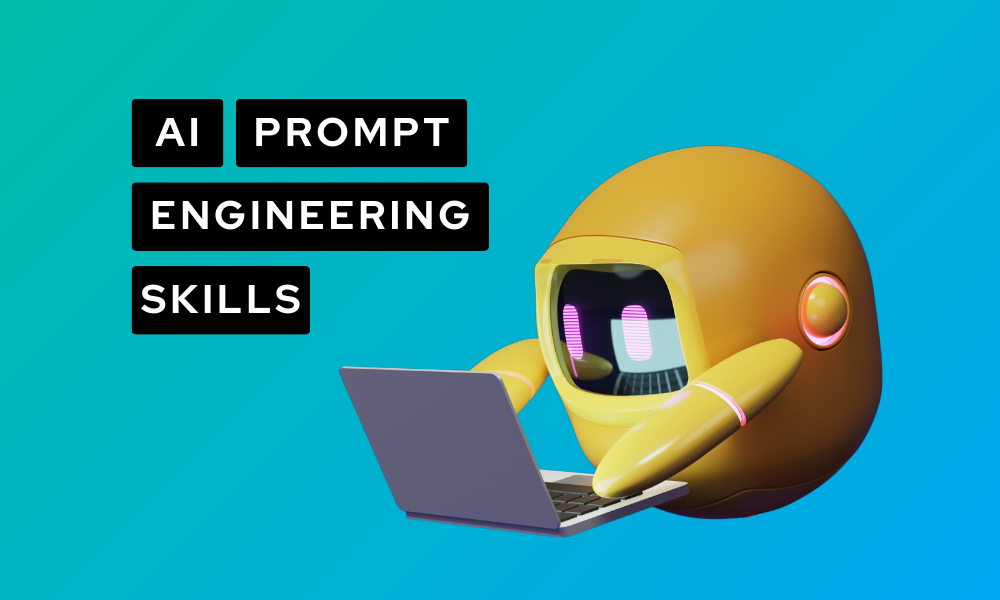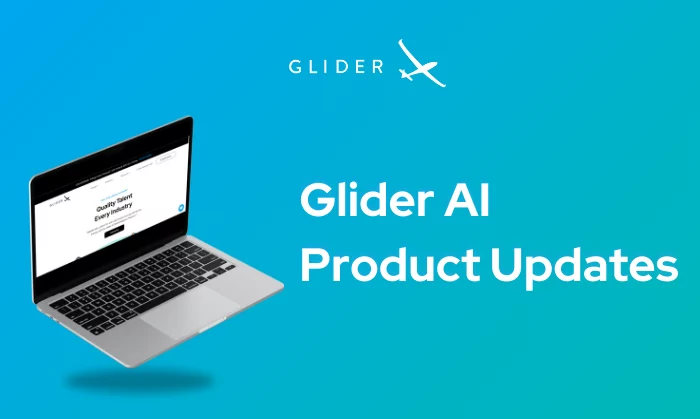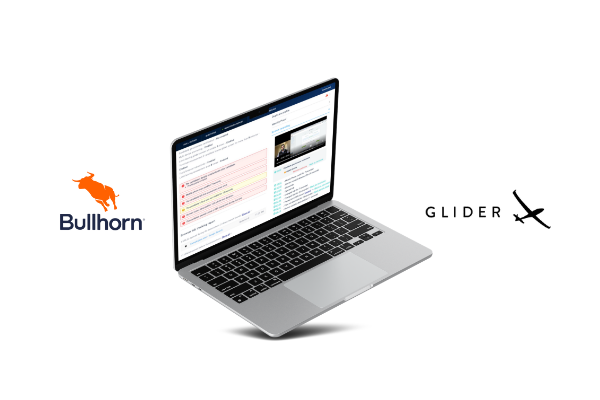
Make talent quality your leading analytic with skills-based hiring solution.

AI is no longer optional in the workplace—it’s critical.
Whether you’re writing marketing copy, debugging code, or triaging customer tickets, AI prompt engineering skills are becoming essential across job functions. Yet most professionals aren’t ready. And most companies don’t have a clear plan to close the gap.
In this blog, we cover:
AI Prompt Engineering is the skill of crafting clear, structured, and goal-oriented inputs (called prompts) that guide generative AI models—like ChatGPT, Gemini, or Claude—to produce useful and accurate outputs. This includes understanding how to ask the right questions, provide relevant context, and iterate based on AI responses to improve results. Whether you’re writing code, creating content, or analyzing data, prompt engineering helps you get better, faster outcomes from AI systems. It’s a practical, high-impact skill that’s becoming essential across every business function.
There’s a significant disconnect between how employers perceive AI fluency and how employees experience it:
This disconnect creates risk. Leaders are betting on AI to increase productivity, but teams often lack the practical skills to deliver value from tools like ChatGPT, Gemini, or Claude.
The market is evolving fast:
This shift is not limited to engineers or data scientists. GenAI tools are now embedded in workflows for marketers, sales reps, recruiters, and more. Prompt engineering is emerging as a baseline skill—just like Excel once was.
Here’s how confidence in AI tools breaks down by role:

Source: LinkedIn, 2024
The opportunity? Upskill non-technical teams with practical prompting strategies tailored to their function.
Key Skills:
Effective Prompts:
Key Skills:
Effective Prompts:
Key Skills:
Effective Prompts:
Key Skills:
Effective Prompts:
Key Skills:
Effective Prompts:
Key Skills:
Effective Prompts:
Generic AI courses won’t cut it. Tailor training to specific workflows—whether it’s building a product roadmap or handling a client escalation.
Encourage daily experimentation with ChatGPT, Gemini, or other platforms through sandboxes and prompt libraries.
Run “prompt of the month” contests. Launch an internal wiki of proven prompts by team and use case.
Incorporate prompt efficiency and effectiveness into performance goals and learning KPIs.
To scale hiring and upskilling, you need a way to measure GenAI skills—not guess them.
Glider AI’s Prompt Engineering Skill Assessment helps teams validate real AI fluency with hands-on challenges.
It’s the fastest way to identify who can really work with AI—and who just says they can.
AI fluency is becoming a prerequisite, not a perk.
Companies that invest in developing—and measuring—prompt engineering skills across all functions will gain speed, productivity, and a serious talent advantage.
Glider AI gives you the toolkit to build that advantage. Whether you’re hiring engineers or onboarding sales teams, now is the time to close the AI fluency gap—with the right assessments, the right skills, and the right strategy.

ID Verify by Glider AI: Frequently Asked Questions Identity is Your First Line of Defense in Hiring Fraud AI-generated resumes. Deepfake interviews. Candidate impersonation rings. The hiring landscape is evolving and not in your favor. As recruiting becomes more remote and increasingly automated, the risks multiply. That’s why forward-thinking talent leaders are shifting left and […]

As the recruiting industry combats a new level of sophistication in candidate fraud, a challenging economic landscape, and a rapidly expanding talent pool, Glider AI has introduced new features to make your experience more rewarding and the hiring process more efficient than ever before! Glider Connect Sequence and automate candidate engagement Glider Connect can now […]

Making the candidate experience a competitive advantage through improved feedback capture Candidate experience is everything and can be a competitive differentiator during the interview process. Glider AI makes it even easier for candidates to share feedback about their experience during skill assessments to help you improve your recruiting process. Glider AI provides different rating scales […]